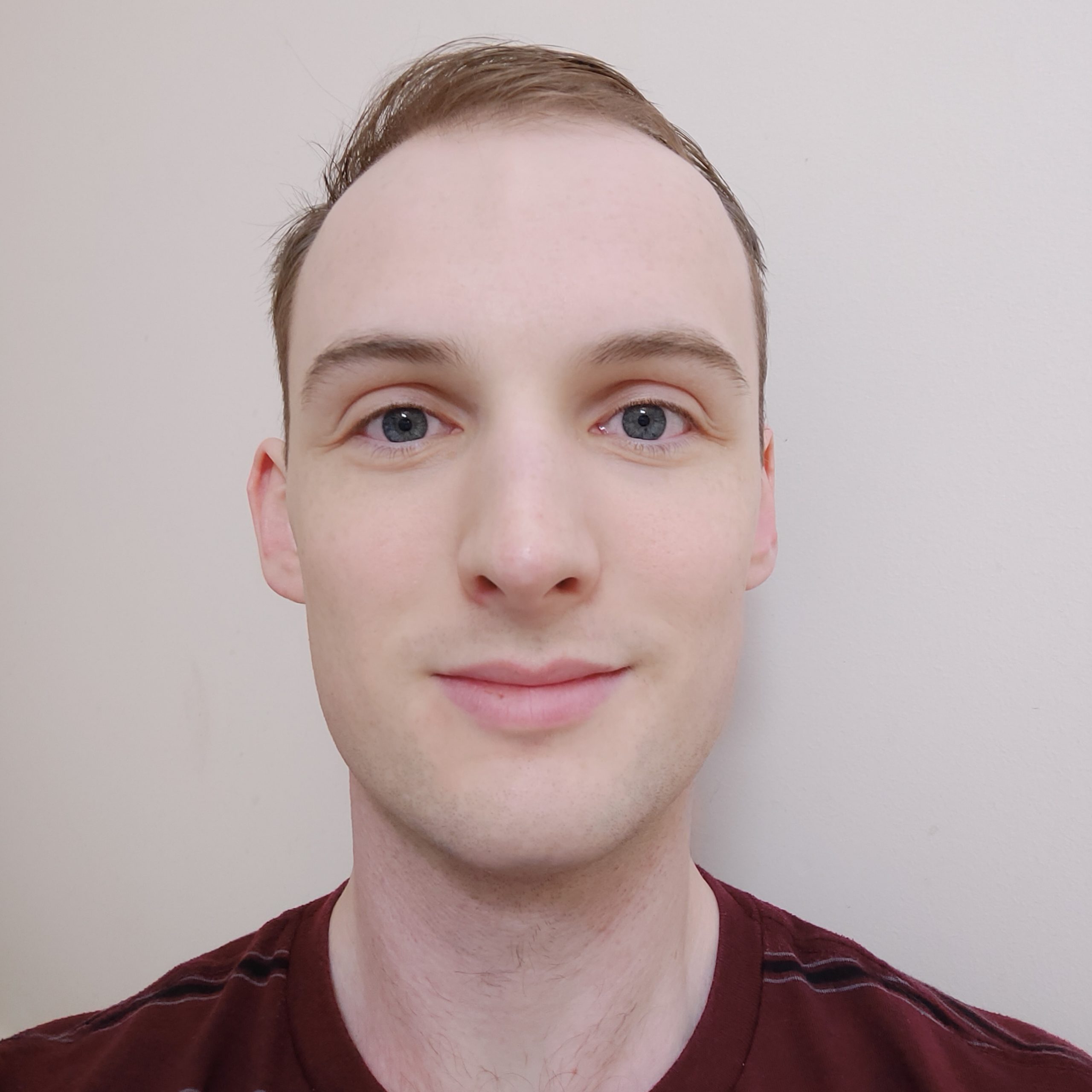Special lecture series: The Poincaré Conjecture
1. The Poincaré Conjecture: using geometry to solve problems in topology
The Poincaré Conjecture is a statement about the topology of three-dimensional manifolds, and is the only one of the seven Millenium Prize Problems with an accepted solution. In this talk, I will discuss the statement of the conjecture, alongside the necessary background and definitions. I will then discuss the background and basic definitions of a related field: the Riemannian geometry of manifolds. I will conclude by discussing the Killing-Hopf theorem — an exciting classical result which explains how the purely topological statement of the Poincare conjecture can be proven using ideas from Riemannian geometry.
2. The Ricci flow: recognising topology by improving geometry
In our last lecture, we saw that finding the so-called ‘ideal geometries’ on a given manifold is enough to answer some questions about its topology. In this talk, we will discuss the problem of finding these ‘ideal geometries’. An excellent way of doing this is with Hamilton’s Ricci flow: the idea is to take an initial Riemannian metric, and evolve it with a PDE in the hope that the geometry will improve over time. We will discuss the basics of Ricci flow, and conclude with ‘Hamilton’s rounding theorem’, which solves the Poincaré Conjecture in case you happen to get lucky with your initial choice of Riemannian metric.
3. The Ricci Flow with surgery: improving geometry through singularities
Even though Hamilton’s Ricci flow is an exciting tool which has potential to address problems in topology, it wasn’t enough to solve the Poincare conjecture per se. The issue is that the solutions of the Ricci flow PDE often became singular in finite time, and it is unclear how to ‘flow past’ these geometric singularities in such a way that we can still say something meaningful about the resulting topology. In this talk, I will discuss the breakthrough that lead Perelman to his celebrated solution of the Poincare conjecture: clever analytical tools that allowed him comprehensive understanding of the three-dimensional Ricci flow singularities, to the extent that he could move past these singularities using his ‘Ricci flow with surgery’, without losing any topological information.

Dr Timothy Buttsworth, UNSW
Dr Timothy Buttsworth moved to Sydney in January, 2024 as a lecturer and DECRA Research Fellow at UNSW. Previously, he held postdoctoral research positions at The University of Pennsylvania, Cornell University, and The University of Queensland. He is an active researcher in geometric analysis, which is the application of PDE methods to solve problems in differential geometry. In 2023, Dr Buttsworth conducted geometric analysis workshops at the Vietnam Institute for Advanced Study in Mathematics for the benefit of graduate students from around the world. He is keen to continue inspiring students with this beautiful subject through his participation in this year’s AMSI Summer School.
